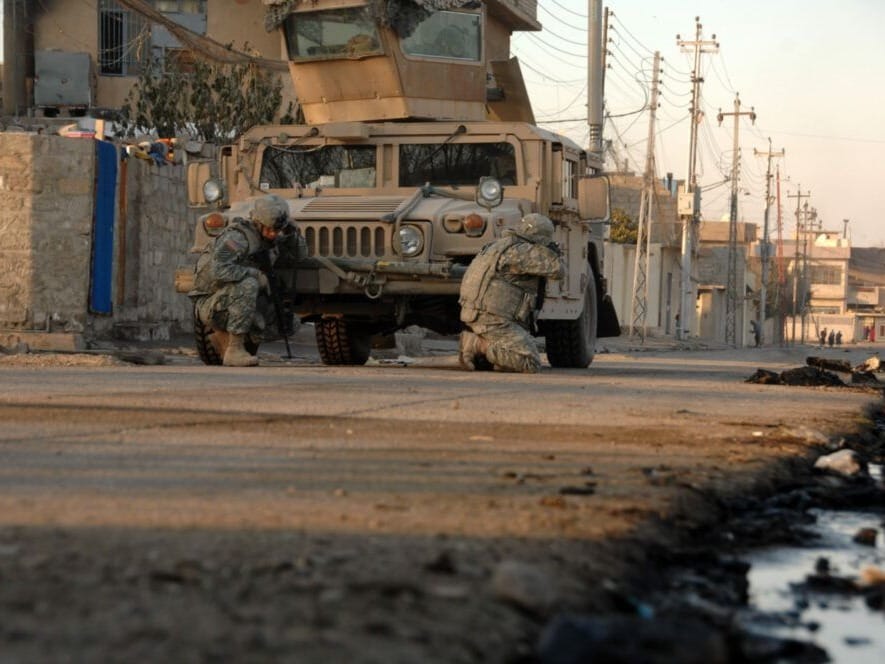UNITED NATIONS (AN) — U.N. counterterrorism experts reported that Islamic State militants remained a "covert" global threat, despite their recent losses and shifts in tactics.
The United Nations Office of Counterterrorism, or UNOCT, warned the extremist group still had between 14,000 and 18,000 militants in Iraq and Syria, including up to 3,000 foreign terrorist fighters.









